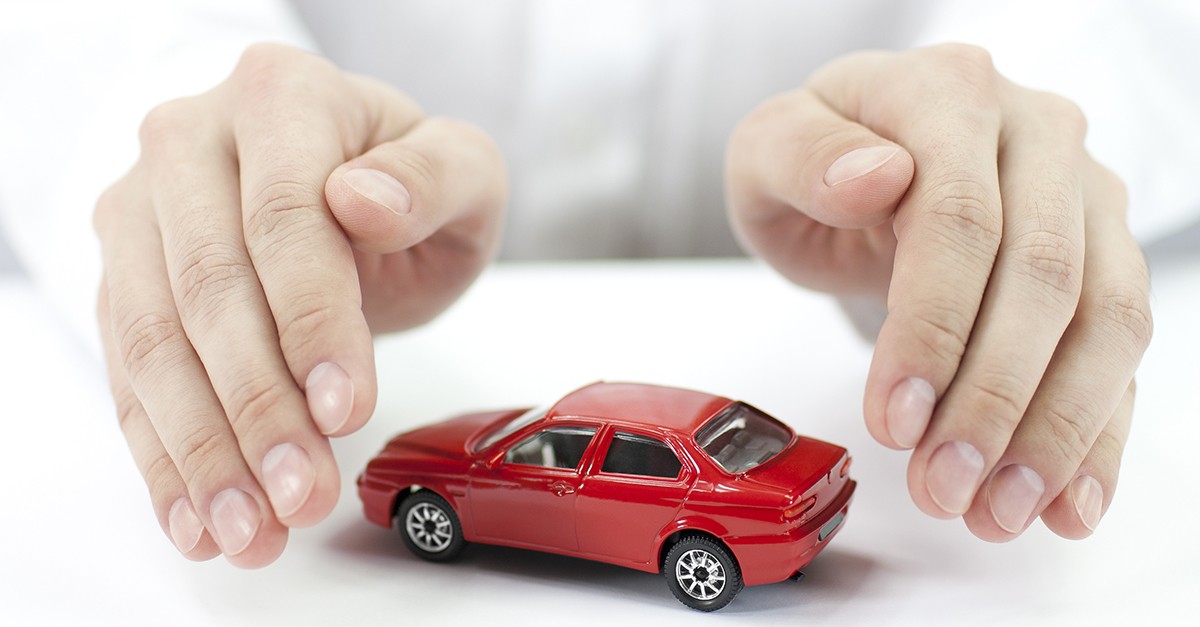
To really complete your move to Italy and make that Mediterranean house a home, you’ll want to have your car. Where there’s a car, there has to be car insurance, whether you import yours from home or buy one in Italy.
Where can you find Italian car insurance? What type of coverage can you get? How much does car insurance cost in Italy? We answer all these questions and more in this quick guide to how car insurance works in Italy.
Driving in Italy with car insurance from another country
In Italy, it is obligatory to have car insurance to a level of at least third-party liability. Cars that are imported to Italian soil from any EU country, or countries in the European Economic Community, including Liechtenstein, Norway and Switzerland, are automatically covered in Italy by their insurance there.
There also exists the International Motor Insurance Certificate, known colloquially as the Green Card or ‘Carta Verde’, which certifies the validity of this insurance across all European borders. They should give you this slip of green paper when you first contract the insurance, but if not you can request it at any time. You’re not required to have it with you, but it can be useful.
Driving in Italy with Italian car insurance
If you are staying in Italy for over 12 months, you will have to register your car there for it to be legal and insurable. They will give you Italian number plate, and it will be easier to get insured with an Italian insurance company. Thanks to EU laws, you can legally drive with a license from any country Europe without having to exchange it for an Italian one or have it certified, and you can use this to contract car insurance too.
The good thing about car insurance in Italy is that it is the car which gets insured, not the driver, so anyone with a valid driving licence can go ahead and get behind the wheel without being added to the policy.
However, the common downside of Italian car insurance is that they don’t take into account your no claims record from before. In theory, no claims bonuses exist, but trying to transfer them from your home country to Italy is almost impossible.
Italian car insurance is rated on a scale from CU 1 to 18, with your category moving closer to 1, and therefore getting cheaper, the longer you are insured without making any claims. Most new drivers in Italy are automatically placed into CU 14. Even if you have driven for 20 years in your country without ever making an insurance claim, you will likely still be placed in CU 14 when you try to insure your car in Italy. For this reason, Italian car insurance is often exorbitantly expensive, and while it is mandatory to be insured to drive, most people just stay with the basic third-party coverage because it’s the cheapest option. It’s no wonder that you see a lot of banged up cars around!
What types of car insurance are available in Italy?
Italian insurers offer most of the same types of car insurance as you can find elsewhere, and the one you go for will obviously depend on your specific requirements. The three main types of coverage in Italy are:
- Third party: Also known as Responsabilita’ Civile verso Terzi in Italian, this type of insurance covers damage to other people’s goods and persons on the road.
- Personal accident policy: While not required by law, Persona autovetture can be useful for protecting against your own injury or death during a car accident.
- Vehicle protection insurance: This is basically the equivalent of fully comp, called Danni autovetture in Italian, and is normally very expensive.
While some quotes can run up to over 1,000 euro for insurance premiums for a basic package, you should negotiate the final price directly with the insurer instead of trusting quote generators, and be sure to shop around for the best deal. In the end, the price of car insurance depends on your personal circumstances.
The most important thing at the end of the day is to be safe and within the law when driving on Italian roads.